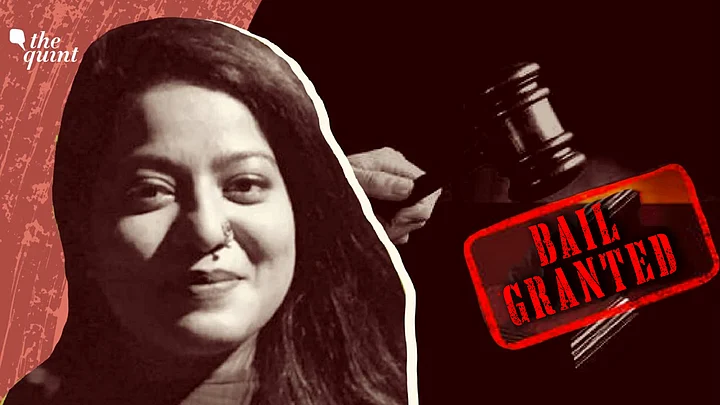“Without in any manner conceding to the factual assertions and legal submission made by the petitioner and without in any manner diluting the contents and submissions made in the reply filed thereto and without making it a precedent either in ongoing investigations or any other investigation(s), purely on humanitarian ground, the prosecution agrees to the petitioner being released on regular bail…”
The Delhi High Court bail order begins with the above statement made by Solicitor General Tushar Mehta, appearing for Delhi Police, in the third day of bail hearings for UAPA accused Safoora Zargar on 23 June. Mehta did not oppose bail, like he had in the hearing on 22 June.
Now 24 weeks pregnant, this was the Jamia Millia Islamia student and anti-CAA protester’s fourth attempt for bail in the Delhi riots case under FIR 59/2020. Mehta said that the petitioner can be released, subject to the following conditions being imposed by the court.
Conditions for Bail Put Forth By SG Mehta
- The petitioner, during the period of bail, shall not indulge in activities for which she is being investigated.
- The petitioner shall not influence, hamper or interfere with the on-going investigation, in any manner.
- The petitioner will remain out of National Capital Region of Delhi.
Safoora’s lawyer expressed her reservations regarding point number number 3 as her doctor and family live in the National Capital Region of Delhi.
Court Hears Both Sides, Sets 5 Conditions for Bail
- The petitioner will furnish a personal bond of Rs. 10,000/- with a surety of like amount to the satisfaction of the concerned Jail Superintendent.
- The petitioner shall not indulge in any activity for which she is being investigated which may infract the law.
- The petitioner will also refrain from influencing, hampering or interfering with the ongoing investigation against her.
- The petitioner will establish telephonic contact with the Investigating Officer, at least, once in fifteen (15) days.
- In case the petitioner is required to leave the National Capital Territory of Delhi, she will seek permission from the concerned court.
Justice Rajiv Shakdher goes on to say that since both the parties did not address him on the merits, ‘this order will not be treated as a precedent.’
He also says that he had received some documents filed on behalf of the respondent/ state, albeit, in a sealed cover. “I have not opened the sealed cover. The documents, which are in sealed cover, are returned to the Registry,” the judge noted in the order.
(At The Quint, we question everything. Play an active role in shaping our journalism by becoming a member today.)
